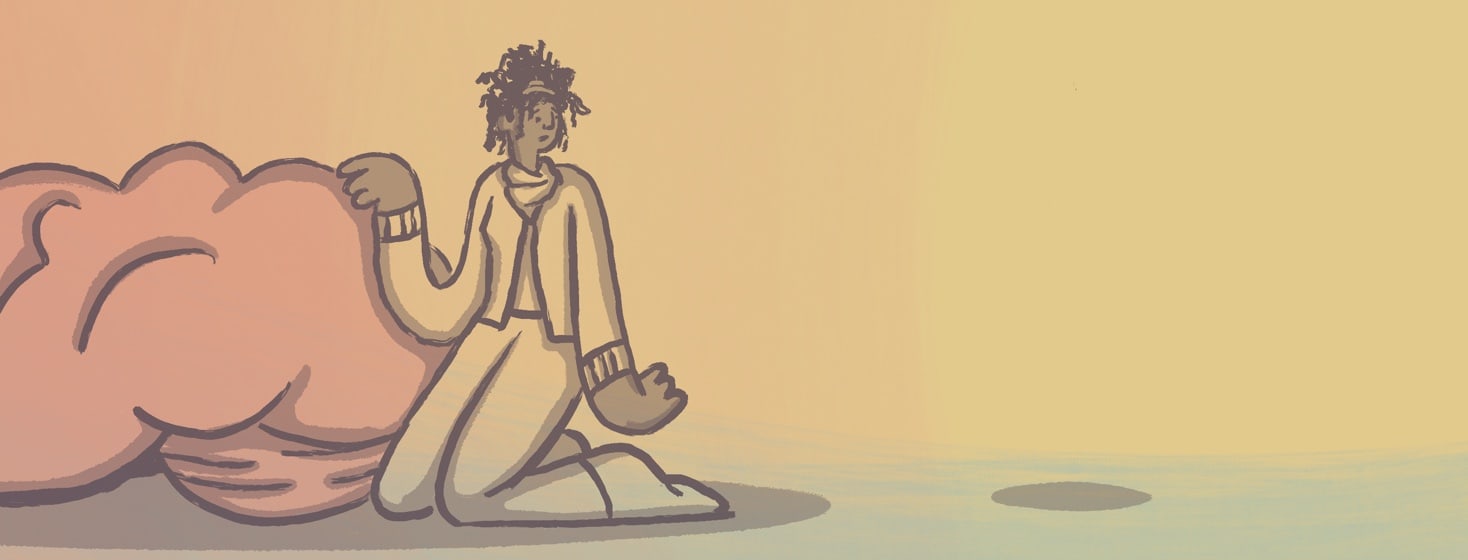Waiting For the Other Shoe to Drop: Migraine and Comorbid Conditions
Do any of you feel as though you are constantly waiting for the other shoe to drop? Do you live not only with migraine but also with multiple other health challenges? Does it sometimes feel as though your body is constantly betraying you and facing the future is scary? If so, you are not alone! Migraine is a challenging and complex neurological condition by itself, but sadly it also frequently brings with it a wide range of comorbid conditions which add to that challenge and complexity.
What is comorbidity?
So, what is meant by comorbidity? This term is used when two illnesses occur at a greater than coincidental rate than is seen in the general population. The indication is that at some level, somehow, the two conditions are actually related. Sometimes one condition can cause another, either directly or indirectly, and sometimes there are genetic or other factors at play. Understanding and addressing these conditions is essential to receiving optimal care for migraine, and with each new condition the treatment of migraine becomes more complex. Sometimes a treatment can help one condition while worsening another, sometimes a treatment can help more than one condition at a time. Sometimes different medications for various conditions can even increase the chance of new conditions when taken together. In addition, lack of effective treatment for one condition may aggravate another one.
The challenges of treatment
Obviously, having a holistic approach and looking at the bigger picture for treatment is ideal, but the reality is that dealing with comorbid conditions is a challenge! Most doctors simply don’t have the time to take long health histories or ask patients about other seemingly unrelated symptoms. Communication between different specialties can be challenging at best, resulting in each doctor only having part of the greater picture. Frequently as patients, we don’t tell our doctors everything that is going on; there is a tendency to focus on the “worst” symptoms and ignore the rest until they become too severe to ignore! There is a tendency to listen to that nagging feeling of having “too much wrong” with us to talk about more than one thing at a time. Sometimes we stay quiet simply because we are afraid that the other shoe is going to drop. No more bad news, thank you!!
So how do we move forward? A great place to start is realizing that if you live with more than one health challenge besides migraine then you are normal! It may not be a “normal” you’re happy about, but it is, sadly, the norm with migraine. The following are many of the more common comorbid conditions seen with migraine, and for convenience I’m dividing them up into psychological and non-psychological:
Psychological comorbid conditions
- Depression
- Anxiety
- PTSD
- Bipolar Disorder
- Self Harm
- Sleep Disorders
Non-psychological comorbid conditions
- Fibromyalgia
- Irritable Bowel Syndrome & other GI conditions such as celiac
- Arthritis
- Tinnitus
- Ehlers-Danlos Syndrome
- Asthma
- Epilepsy
- Thyroid disorders
- Cardiovascular & cerebrovascular diseases, including stroke and hypertension
- Restless Leg Syndrome
- Multiple Sclerosis
- White Matter Brain Lesions
You're not alone!
If those lists seem long to you then you’re right, they are! They add to the complexity of migraine, an already little understood disease, and clearly amplify the desperate need for additional research. As new diagnoses are made in individuals, so the need for a multi-disciplinary approach becomes more and more essential in order to receive effective treatment and symptom management. And finally, it is crucial to be aware that the more comorbid conditions you have, the greater the disability experienced in different areas of life. That means the balancing act of taking care of yourself, making wise decisions, “pushing through” and learning to rest becomes much more challenging. Bearing all this in mind, it’s no great surprise that many of us go through life waiting for the other shoe to drop but remember…. you are not alone! There is a huge migraine community going on this journey with you!
Do you have any of these comorbid conditions? Which are the hardest for you to deal with? Do you find that they take turns flaring up with migraine, or does it all flare together? Are you ever free from pain?

Join the conversation